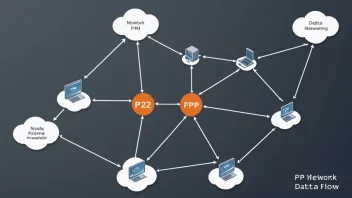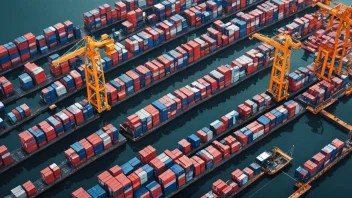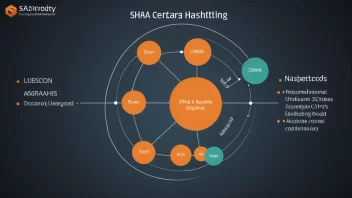What is Blockchain Technology?
Blockchain technology is a decentralized digital ledger that records transactions across multiple computers securely and transparently. It allows for the verification and storage of data without a central authority, making it an ideal solution for improving financial systems, especially in developing countries.
How does Blockchain improve financial systems in developing countries?
Blockchain enhances financial systems in developing countries by providing greater accessibility, reducing transaction costs, increasing transparency, and fostering trust. It enables individuals and businesses to engage in financial activities without relying on traditional banking infrastructure.
What are the key benefits of using Blockchain in finance?
- Accessibility: Blockchain allows people without access to traditional banks to participate in the financial system.
- Lower Transaction Costs: By eliminating intermediaries, blockchain reduces fees associated with transactions.
- Transparency: All transactions are recorded on a public ledger, making it easier to track and audit transactions.
- Security: The cryptographic nature of blockchain ensures data integrity and protects against fraud.
Can Blockchain facilitate remittances in developing countries?
Yes, blockchain technology can significantly streamline the remittance process. Traditional remittance methods often involve high fees and long processing times. By using cryptocurrencies and blockchain networks, individuals can send money across borders quickly and at a fraction of the cost.
What role does Blockchain play in promoting financial inclusion?
Blockchain promotes financial inclusion by providing infrastructure for microfinance, peer-to-peer lending, and other financial services that target underserved populations. It allows users to create digital identities, which can be used to access banking services without traditional identification documents.
Are there any challenges to implementing Blockchain in developing countries?
While blockchain presents numerous advantages, challenges exist, including limited internet access, regulatory uncertainties, and the need for technological education. Addressing these barriers is crucial to maximize the potential benefits of blockchain in these regions.
How can governments leverage Blockchain technology?
Governments can use blockchain to enhance transparency in public spending, streamline tax collection processes, and combat corruption. By adopting blockchain solutions, they can build trust with citizens and create more efficient public services.
What are some real-world examples of Blockchain implementation?
Several initiatives have successfully implemented blockchain technology in developing countries. For instance, the World Bank's 'Blockchain for Social Impact' project focuses on using blockchain for financial inclusion in African nations. Additionally, companies like BitPesa have revolutionized cross-border payments in East Africa using blockchain solutions.






